Contrary to popular opinion, argues Brian Wong, the China-Russia alliance has not soured after Xi’s meeting with Putin at the SCO summit in Samarkand last week. China is simply continuing their balancing act of affirming Western culpability for the war whilst remaining seemingly neutral on the geopolitical stage. What has changed is the extent to which this ambiguity has been picked up by Western observers.
The Sino-Russian relationship has taken on added importance in the aftermath of Russia’s decision to invade Ukraine in February 2022. Read-outs from meetings between leaders and diplomats of both countries over recent years have emphasised the “no-limits” friendship – and partnership – between China and Russia. What is notably missing – and that merits further analysis – is that neither Beijing nor Moscow has termed their relationship an “alliance”, a fact that hints at the underlying complexities and dynamics.
The distinction between “friendship” and “alliance” would prove to be vital, in reflecting the fact that despite their strong economic ties, China and Russia are far from natural, seamless partners. Indeed, when taking into consideration the two countries’ precise regional and security interests, the alignment between the two states remains strained by fundamental incompatibilities.
A core dimension to the resilience of the present bilateral relationship is the personal and personalistic bonds between the leaders of two respective states. President Xi Jinping and President Vladimir Putin place significant emphasis upon their personal ties. The former has repeatedly referred to his counterpart in the Kremlin as his “best friend” – one that shares his conviction that the nebulously defined West is on perennial and irreversible decline, and that the equally amorphous East is “on the rise”.
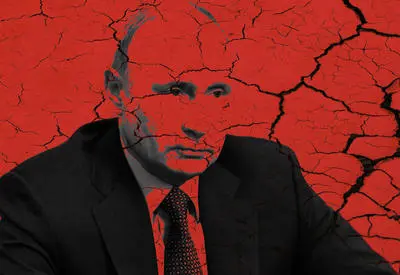 SUGGESTED READING
How we got Putin so wrong
By Stathis N. Kalyvas
SUGGESTED READING
How we got Putin so wrong
By Stathis N. Kalyvas
Putin’s personal willingness to rhetorically and decisively repudiate perceived Western advances in the Middle East and United Nations (with the veto playing a crucial role in the latter) also coheres vastly with Xi’s desire to thwart Western hegemony and press for a more multi-polar world order, one in which Russia has a role to play.
Driven himself by a mixture of revanchist tendencies and nostalgia for the Soviet Union, Putin sees symmetric appeal in Xi’s resolve to accomplish “civilisational rejuvenation” – though as compared with Russia, for China, such rejuvenation comes in distinctively more economically and materially oriented terms. Both leaders are strong personalities, with Putin leaning into personal charisma and Xi a blend of formal institutions and informal authority over the party.
___
Any support from Beijing for Russia’s military ambitions – if any – has been vastly limited to moralising rhetoric and the economic dimension
___
There are structural reasons why the Chinese and Russian governments would have incentives to get along: Russia’s primary trade partner – by far – is China, with such reliance increasing in the aftermath of sanctions launched by the West since February. According to official sources, Sino-Russian trade in the first half of 2022 rose 29% year-on-year. Russia is vastly dependent upon Chinese electronics, textiles, and vehicles; China, on the other hand, enjoys cheap Russian oil and wheat. Such economic co-dependences are only one half of the equation.
The second half, is that the precipitously hostile approach adopted by members of NATO against China, has rendered the foreign policy establishment in Beijing increasingly sceptical of the prospects for rapprochement and normalisation of relations with the West. “The China Trap”, as political scientist Jessica Chen Weiss noted, is one where the American discourse of zero-sum competition has empowered Chinese hawks in making the case for greater alignment between their country and Russia, especially in terms of defence and security agreements.







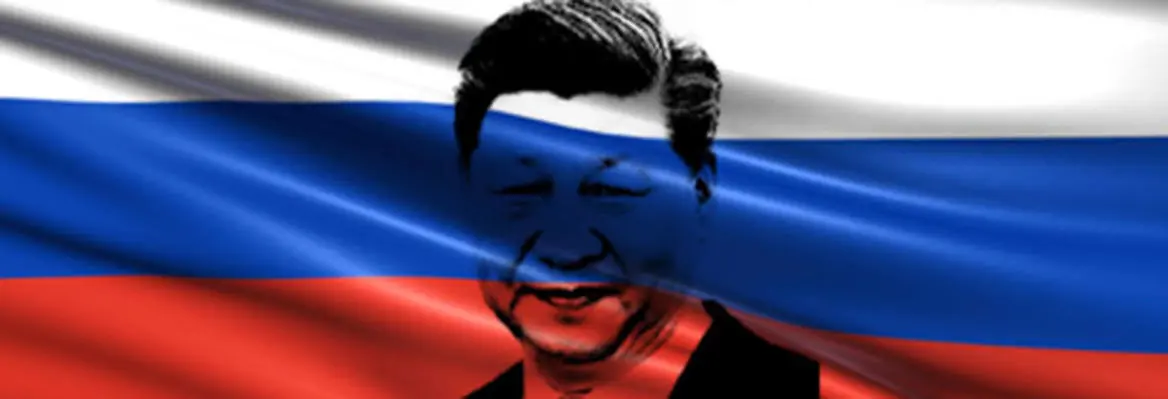



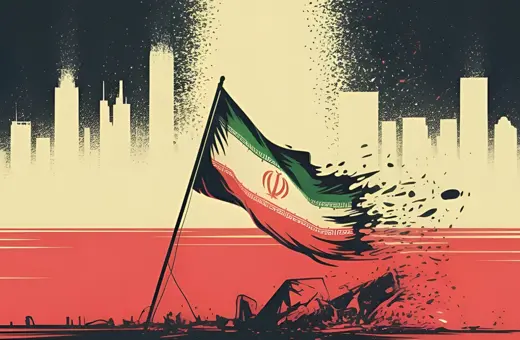
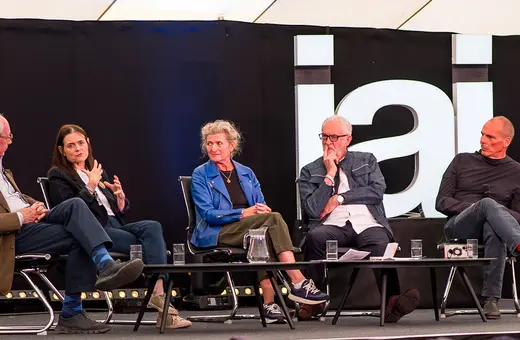
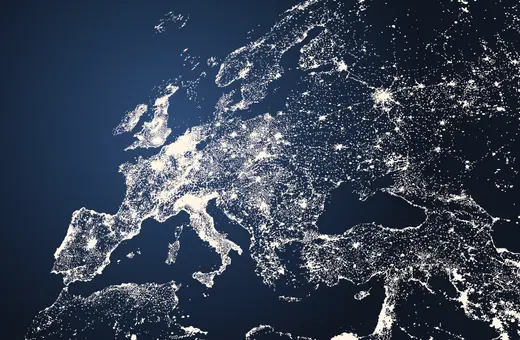






Join the conversation